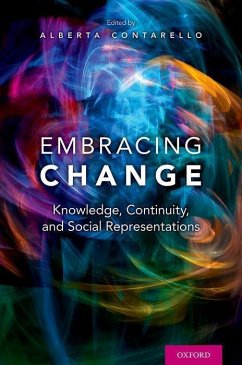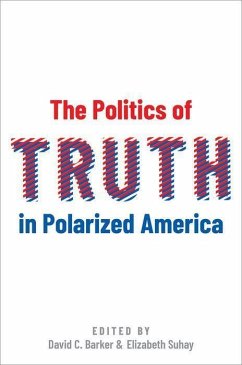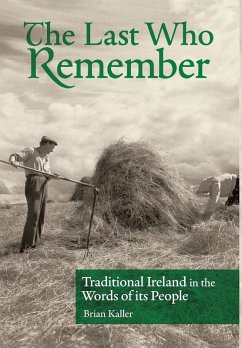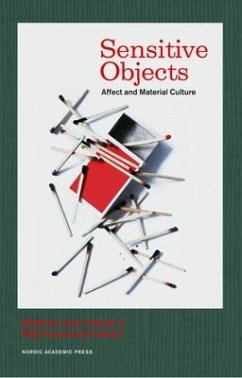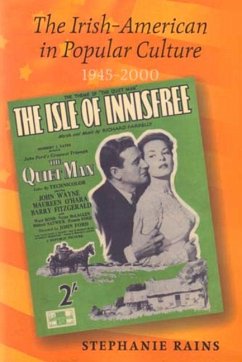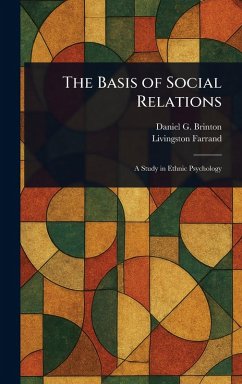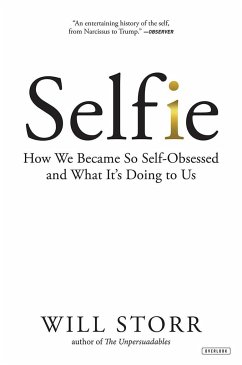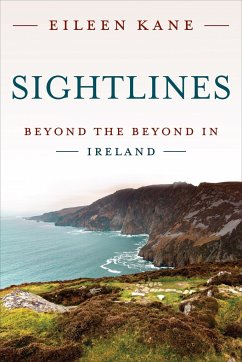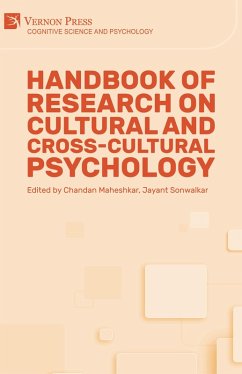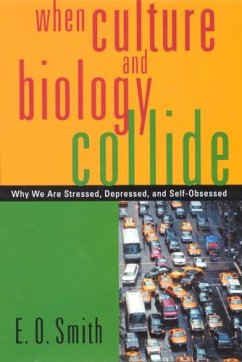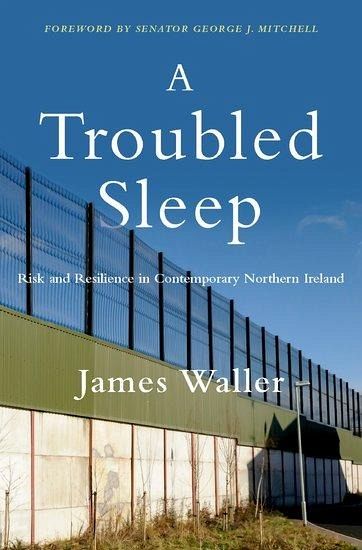
A Troubled Sleep
Risk and Resilience in Contemporary Northern Ireland
Versandkostenfrei!
Versandfertig in über 4 Wochen
47,99 €
inkl. MwSt.
Weitere Ausgaben:

PAYBACK Punkte
24 °P sammeln!
In contemporary Northern Ireland, more than two decades after the peace agreement that ended the thirty-year sectarian violence known as "the Troubles," the risk of a return to violent conflict is progressively accumulating in a rising tide and resilience is rapidly receding. From Northern Ireland we can learn what happens when identity politics prevail over democracy, when a paralysis in governance leads to a political vacuum that leaves spaces open for extremist voices to dominate, when de facto social segregation becomes normalized, when acclimatization to violence becomes a generational le...
In contemporary Northern Ireland, more than two decades after the peace agreement that ended the thirty-year sectarian violence known as "the Troubles," the risk of a return to violent conflict is progressively accumulating in a rising tide and resilience is rapidly receding. From Northern Ireland we can learn what happens when identity politics prevail over democracy, when a paralysis in governance leads to a political vacuum that leaves spaces open for extremist voices to dominate, when de facto social segregation becomes normalized, when acclimatization to violence becomes a generational legacy, and when questions of who we are become secondary to who we are not.




